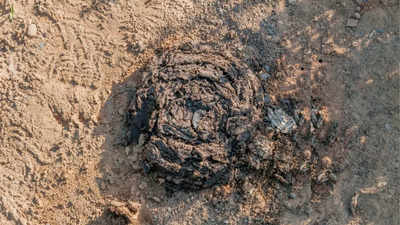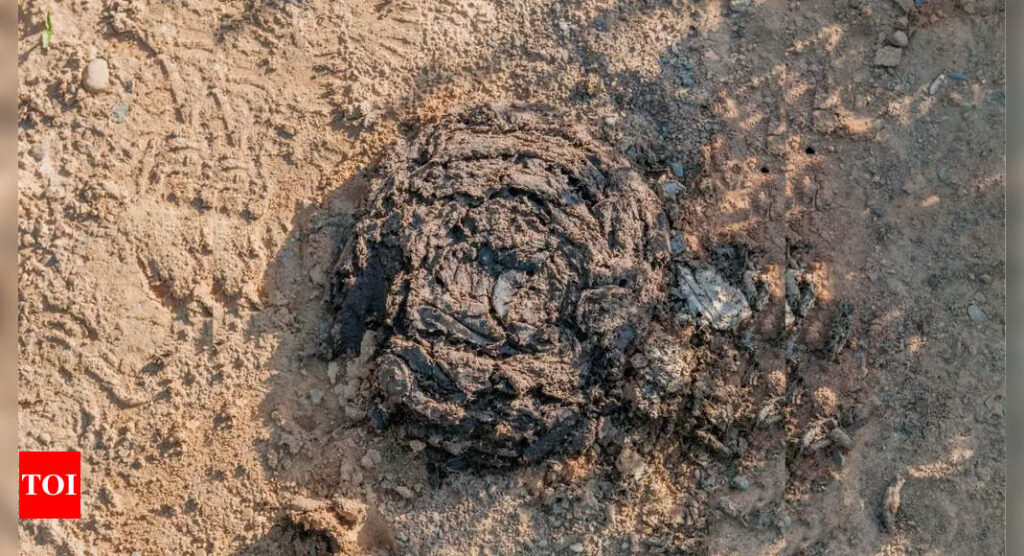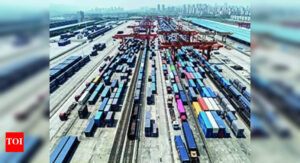
Japan is taking a unique approach to sustainability by turning cow dung into fuel for cars and tractors. As part of a growing effort to reduce carbon emissions and promote eco-friendly alternatives, scientists in Japan have developed a process that transforms animal waste into a viable energy source. This innovative technology not only helps manage agricultural waste but also creates a renewable energy solution for vehicles. With this breakthrough, Japan is paving the way for more environmentally conscious fuel options, offering a glimpse into the future of clean energy. The development is part of Japan’s commitment to advancing green technologies for a sustainable tomorrow.
From cow manure to hydrogen: Japan’s innovative energy solution
In Japan’s snowy town of Shikaoi, a revolutionary project is converting cow dung into clean, renewable energy. Shikaoi, famous for its enormous dairy industry, generates more than 20 million tonnes of cow dung annually. Rather than allowing this waste to go to waste, the town has devised a method to convert it into hydrogen, a green fuel. Farms in the locality provide manure and urine, which are treated in anaerobic digesters. Bacteria in the digesters decompose the waste to produce biogas.
The biogas is converted into hydrogen by steam reforming, a process at high temperatures. The produced hydrogen is utilized for running farm equipment, including tractors and forklifts, and even powers local businesses. By harnessing cow dung as a source of energy, Shikaoi is lowering greenhouse gas emissions and providing a new paradigm for clean energy. It’s a double win for the environment and the local economy, demonstrating that waste can be turned into something potent.
The global impact of Shikaoi’s manure-based hydrogen energy project
In the small town of Shikaoi, Japan, a unique project is paving the way for a sustainable future. By transforming cow manure into hydrogen, the town is not only addressing waste management but also contributing to renewable energy efforts. While hydrogen vehicles aren’t as common as electric ones yet, Shikaoi’s success shows how local infrastructure can support sustainable communities. The innovative process has caught the attention of other countries, including Japan’s Fukuoka, where human waste is being converted into hydrogen for garbage trucks. As more regions explore using organic waste like chicken and pig manure for hydrogen production, this technology could become a global solution for cleaner, more sustainable energy sources.














